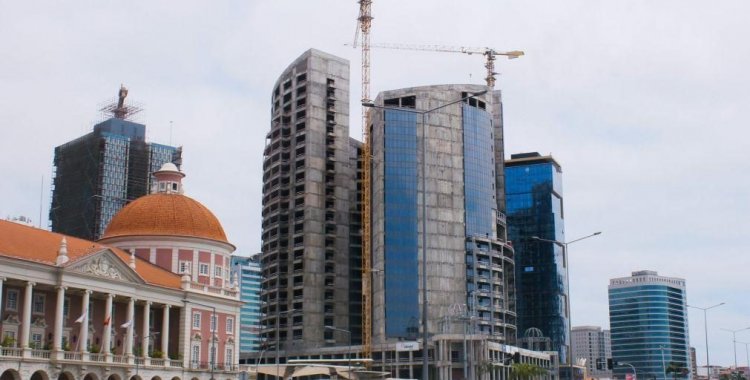"The recent outbreak of the new coronavirus and the breakdown of relations between Saudi Arabia and Russia have brought down oil prices; as hydrocarbons are Angola's main source of tax revenue, the sharp drop in prices, combined with the drop in production volumes, will strongly affect the country's revenues," write experts from the economic analysis unit of British magazine The Economist.
In a note entitled "Orçamento de pantanas" (Budget of swamps), sent to clients and to which Lusa had access, analysts wrote that although the agreement with the International Monetary Fund (IMF) gives the country some support, "with the debt to GDP ratio at 111 percent at the end of 2019, the cost of servicing the debt is a significant component of expenditure and is relatively rigid, but if the price of oil continues to fall, it may be necessary to restructure the debt, and if Angola is not able to pay, it may go into financial default.
The EIU has also revised the forecast for oil prices this year, forecasting an average cost of 49.5 dollars per barrel, up from 64 dollars on average last year and 55 dollars in Angola's budget for this year.
The fall in oil prices, analysts argue, also affects the non-oil economy and Angola's ability to diversify its economy, as "the government depends on oil revenues to support these sectors, not only in financial terms, but also in reforms to reduce patronage, and to attract foreign investment".
Most of the cuts that will have to be made are expected to focus on capital spending, and the municipal elections, which were scheduled for the end of this year, together with the impact on economic activity of lower oil prices, may have to be postponed, as is happening in other countries, the EIU concludes.
In the analysis, economists also point out that Angola is not managing to increase oil production to offset the effect of falling prices, and has production limited to 1.48 million barrels per day according to the agreement made with OPEC.
"The volume of production in 2019 was 1.39 million per day, and it registered the fifth consecutive year of decrease in production last year, due to scheduled maintenance stoppages and exhaustion of the fields, which are producing less oil," point out the analysts.
The problem, they conclude, is that "at the same time, the lower prices of this raw material since mid-2014 have made concessions for expensive deepwater wells less attractive, which has led international oil companies to cut back on their operations and seek more attractive destinations".







